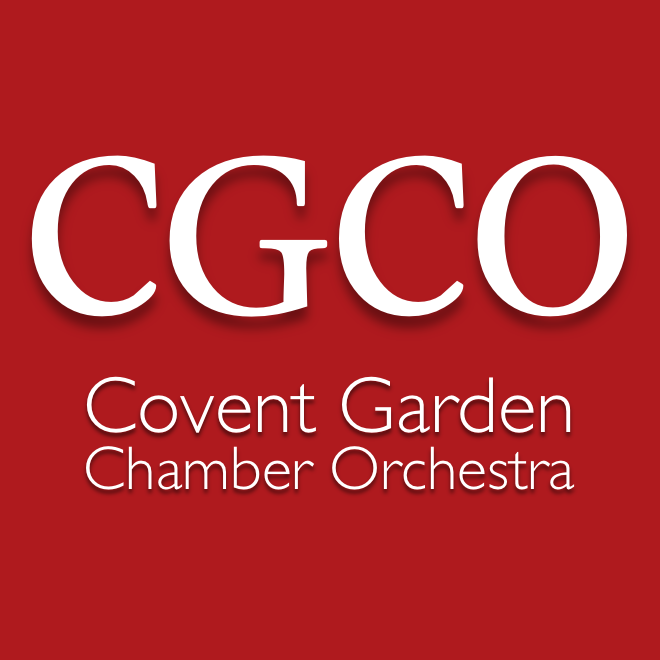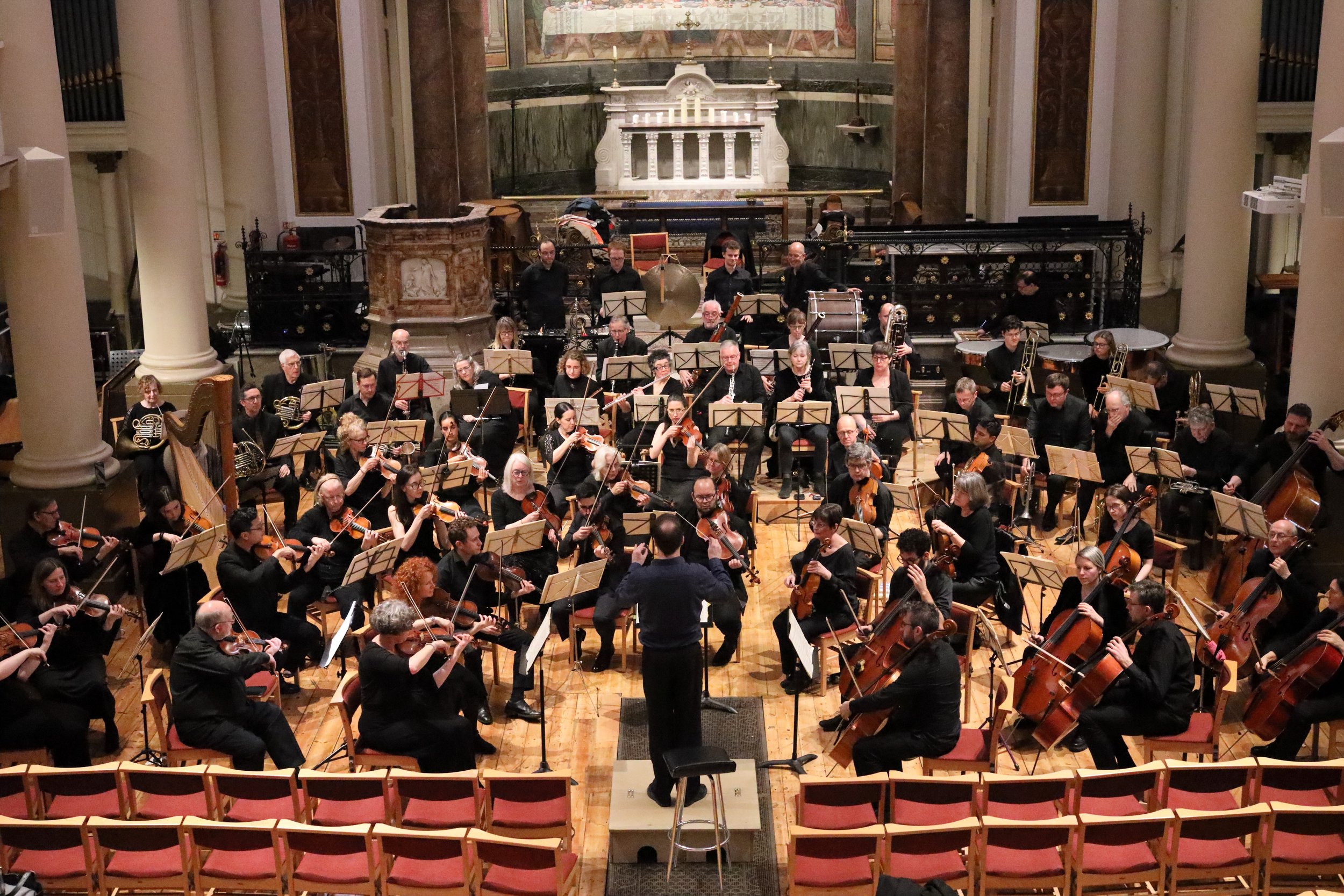We welcome back conductor Matthew Scott Rogers to CGCO for a special concert at Sinfonia Smith Square
Programme
Benjamin Britten: Our Hunting Fathers
Gustav Mahler: Symphony No. 9
Tickets
Tickets are priced between £15-25 and are available on the Sinfonia Smith Square website
Benjamin Britten Our Hunting Fathers
"Our Hunting Fathers" is a work composed by Benjamin Britten in 1952, showcasing his adeptness in choral and orchestral composition. This piece, which carries the distinctive hallmarks of Britten’s style, reflects his deep engagement with themes of nature and humanity's relationship with the environment.
Based on a text by the poet and playwright, “Our Hunting Fathers” blends elements of folk song and modern compositional techniques. The narrative captures the tension between the beauty of the natural world and the impact of human actions upon it.
The orchestration in this piece is meticulously crafted, featuring a mix of traditional orchestral instruments alongside unconventional sounds that evoke the spirit of the hunt. Britten utilises rhythm and colour to enhance the storytelling, creating vivid imagery through music. The result is a compelling exploration of tradition and modernity, set against the backdrop of an ever-evolving relationship with the wilderness.
Overall, "Our Hunting Fathers" stands as a significant work in Britten's repertoire, illustrating his innovative approach to choral music and his deep concern for the natural world. It invites the listener to reflect on the complexities of humanity's actions while celebrating the beauty of the environment we inhabit.
Gustav Mahler Symphony No. 9
Gustav Mahler's Symphony No. 9, composed between 1909 and 1910, is widely regarded as a poignant farewell to life, reflecting the composer’s preoccupations with mortality and the philosophical notion of existence. This symphony, his final completed work, stands as a testament to both his innovative orchestral techniques and deep emotional complexity.
The symphony consists of four movements, each unfolding with a distinct yet interconnected character. The first movement, marked "Andante comodo," begins with a solemn procession, characterised by its long, flowing lines and expansive orchestral colours. This opening sets a reflective tone, evoking a sense of retrospection.
The second movement, "Im Tempo eines gemächlichen Ländlers," introduces a contrasting dance-like quality, infused with irony and a sense of nostalgia. Here, Mahler juxtaposes folk elements with profound emotional depth, creating a rich tapestry of sound that balances lightness and sorrow.
The third movement, "Rondo – Burleske," is a powerful and frenetic exploration, filled with dramatic shifts and a heightened sense of urgency. This section oscillates between moments of triumph and despair, encapsulating the struggle inherent in human experience.
The final movement, "Adagio," is perhaps the most profound, unfolding as an extended meditation on loss and acceptance. Its slow, mournful melodies and harmonies gradually lead to a culmination of vast emotional weight. This movement encapsulates Mahler's complex relationship with death, suggesting both resignation and transcendence.
Mahler’s Ninth Symphony is notable for its intricate orchestration and profound thematic depth, making it a landmark work that continues to resonate with audiences. It stands as a meaningful reflection on the human condition, bridging the personal and universal in a deeply moving sonic narrative.
Matt Scott Rogers
Matt Scott Rogers has recently completed four seasons on the conducting staff of the Royal Opera House, Covent Garden. He came to international attention in July 2015 when he made his Lincoln Center debut conducting the New York City Ballet Orchestra at the David H Koch theatre; this was followed by a period with the Melbourne Symphony Orchestra as a member of the prestigious International Conductor Development Program.
He is a passionate advocate of music education, having collaborated with Newham Music on their large-scale project, the Newham Philharmonic, which took a full symphony orchestra into the schools of London’s poorest borough and culminated with concerts at the Barbican. He works regularly with the Learning and Participation department at the Royal Opera House, leading conducting masterclasses and judging composition competitions.
Sinfonia Smith Square
Located in the heart of Westminster, Smith Square Hall (formerly St John’s Smith Square), is a Grade I listed 18th century Baroque masterpiece offering venue hire in a unique and beautiful setting.





